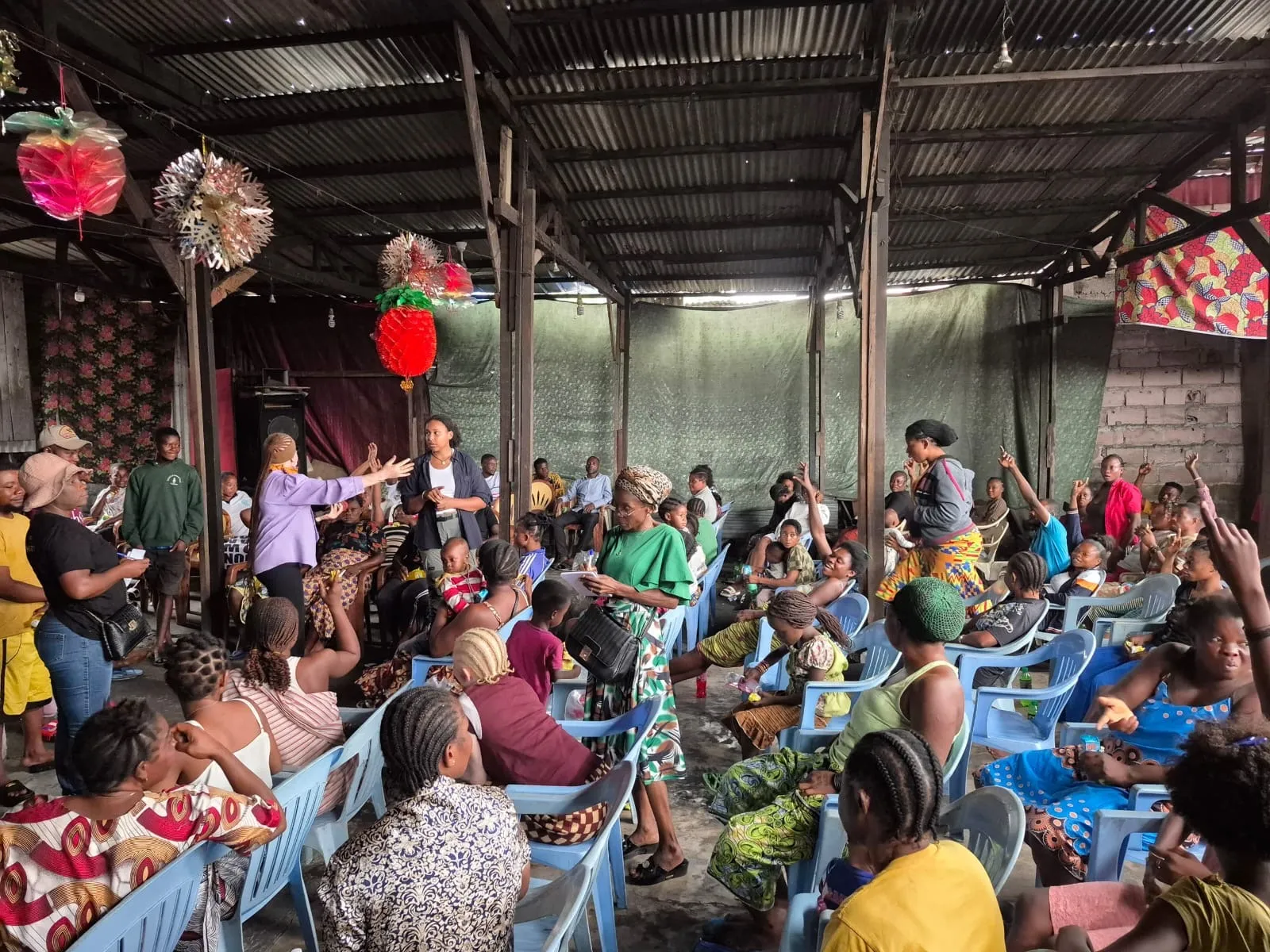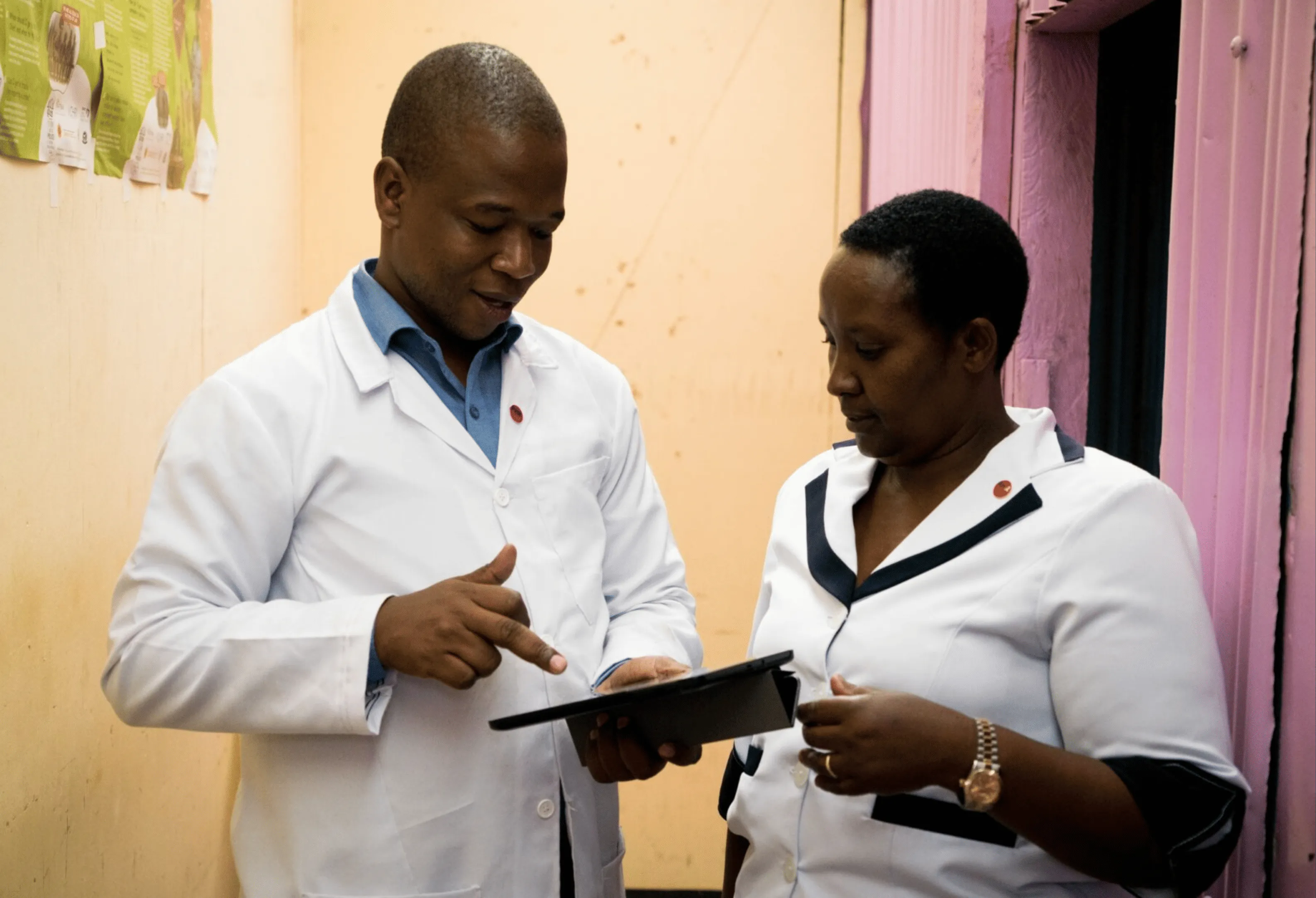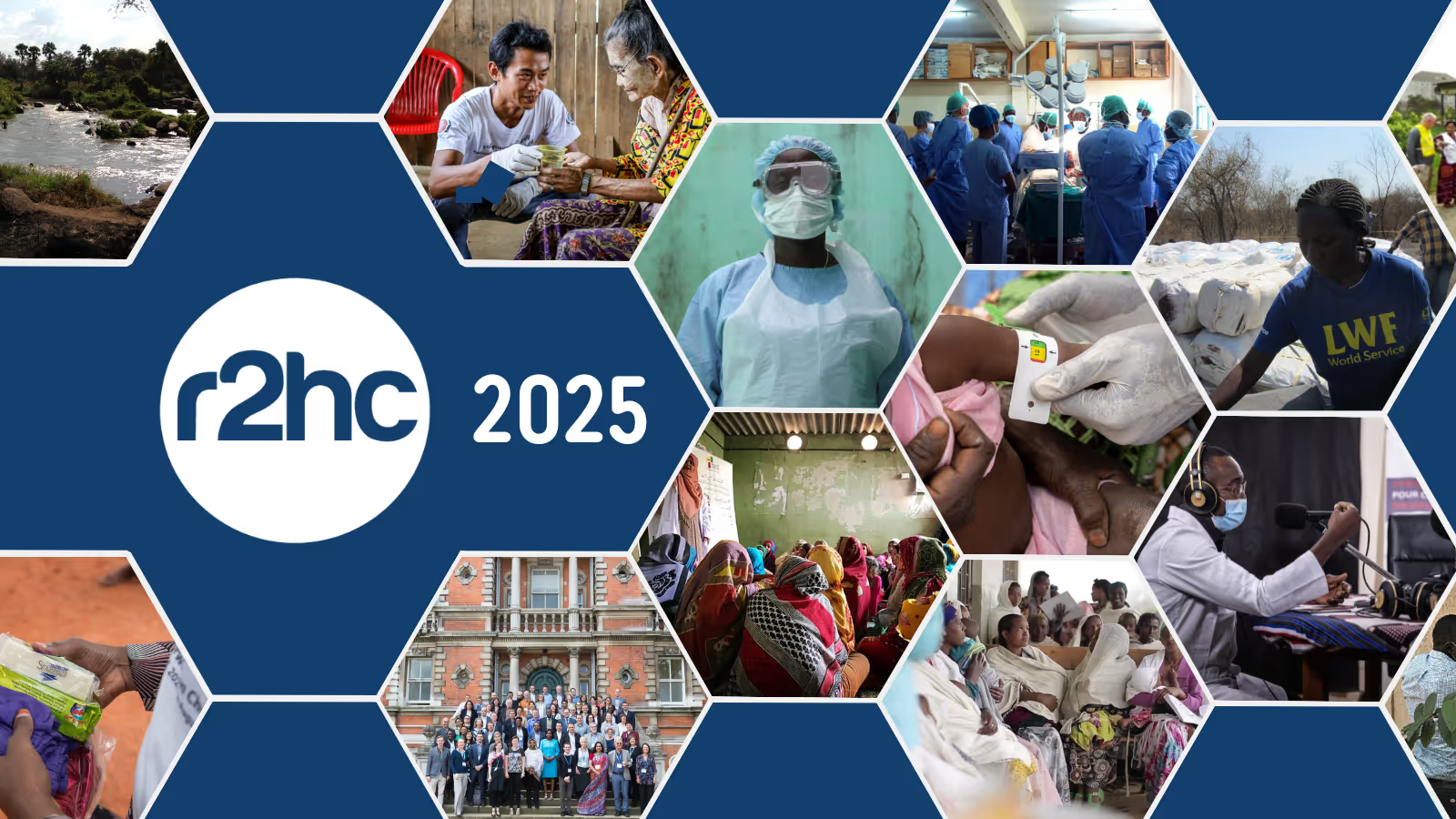Marginalised voices, crucial expertise: mpox patient experiences in Kinshasa’s poorest neighbourhood

Project overview
To investigate illness experiences of recovered mpox patients in Pakadjuma and to co-develop measures with them and local health care workers to integrate them into the mpox health emergency response.
Project solution
This project offers [specific solution or intervention] to tackle [challenge]. By implementing [strategies, tools, or innovations], the project aims to achieve [desired outcomes]. The approach is designed to [specific actions or methods] to bring about meaningful change in [community, region, or issue area].
Expected outcomes
This project aims to achieve [specific outcomes], such as [measurable results, improvements, or changes]. The expected impact includes [benefits to the target community, advancements in research or innovation, or long-term effects]. By the end of the project, we anticipate [specific changes or milestones] that will contribute to [broader goals or objectives].
Principle investigators: Tamara Giles-Vernick & Jules Villa, Institut Pasteur
Purpose
The project will study the experiences of healed mpox patients in Pakadjuma, one of Kinshasa’s most deprived districts, to better integrate patient voices into the health response and reduce stigmatisation. The project aims to analyse the illness and recovery trajectories of former mpox patients, to study the social perception of illness and stigmatisation, to help recovered patients organise themselves in an associative structure, and to co-develop adapted interventions between former patients and the local mpox response. The results will be used to strengthen the health response, raise mpox awareness and reduce the stigma associated with the disease. Its two main objectives are to empower local communities affected by the disease and at the same time strengthen the epidemic response.
Expected outcomes
The study will explore the types of interventions that best facilitate the involvement of recovered mpox patients in outbreak response and their reintegration into communities. We anticipate multiple outcomes at multiple scales. In Pakadjuma, this research will contribute to a better understanding of mpox patient challenges, needs, and experiences and will foster community empowerment and inclusion. At the national scale, our ambition is to encourage uptake of this research-action elsewhere, so that this community-centred approach is replicated elsewhere in DRC for mpox or other health emergencies.
The team will be attending the State-of-the-art Mpox Symposium in December 2025 to share the results of the project.
Project delivery & updates
Stay up to date with the latest developments from this project. Here, you will find details on what has been delivered, resources created, and regular updates as the project progresses. Access key documents, reports, and other materials to see how the project is making an impact.

